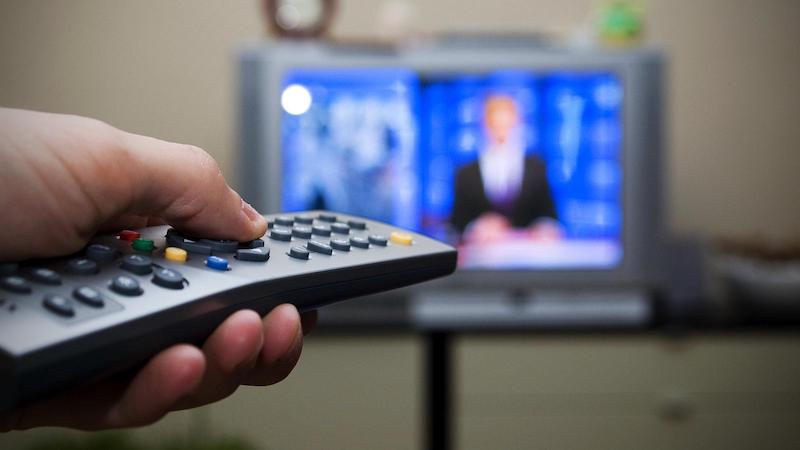“The Party is always right.”
At least, that’s what my “minders” told me. They were referring to the only party in town — the Great Leader’s Workers’ Party of Korea. Isn’t it interesting how societies that repeat such phrases always seem to be built on lies?
I saw party controlled media when I travelled in North Korea and China. And historically, we saw it in the USSR, with Pravda and Izvestija, two sides of the same carefully stage-managed coin.
But in those repressive autocratic countries, the party was the government. There was no distinction.
I always thought that line was a clear one everywhere else, until I lived in Malta.
In Malta we have the very strange case of a Western democracy with massive political party control of the news media.
As the annual Media Pluralism Monitor report from the Centre for Media Pluralism and Media Freedom pointed out, Malta’s situation is unique in Europe, with the two main political parties owning their own television and radio stations, and both daily and weekly print media.
The purpose of independent news media is to hold power to account. To question the version of events our politicians are presenting, and not just to repeat them. To present citizens with the information they need to make decisions about their lives, their government, and their community.
But what happens when this data is filtered through a political party?
It’s essential to view any source of information at one remove. Don’t just look through the lens of those spectacles — pause to examine the frame. Who made it, and in what style?
When you read articles on the website of an environmental NGO, you can expect it to take a pro-conservationist stance, and to hold particular views on an issue like climate change.
You wouldn’t read a vegan or vegetarian newsletter and find an article on the benefits of eating organ meat, or the joys of cooking a really nice steak.
The same is true for media outlets controlled by a political party. You should expect them to publish stories that are slanted to the views of that party. That much is obvious, but knowing this isn’t enough to make one media literate.
You must also look at what isn’t there.
Stories that put the political party in a bad light won’t be reported in the political party’s news media. If they are reported, the story will be told from the party’s point of view, complete with justifications, excuses, or the spin-treated version they want you to believe.
The 2018 Eurobarometer survey points to the danger here.
Only 32% of respondents in Malta said they trusted the written media (compared to the EU average 47%), with 73% stating that television is their main source of information for local and political matters.
That worries me, precisely because television is where political party control is the strongest.
There is no independent source for television news in Malta. Net and ONE are directly owned by the political parties. And as an investigation by The Shift revealed, the Public Broadcasting Service — an outlet which has a constitutional obligation to be strictly impartial — has been coopted by the ruling Labour party.
The Public Broadcasting Service has, in effect, become a branch of ONE, reporting the same biased party line and under-reporting or completely avoiding exactly the same inconvenient truths.
We had a very clear term for such bias in the Cold War days: Propaganda.
Is it any surprise that 63% of Maltese respondents say they trust their government, compared to a 35% European average?
They trust it because television news sources in Malta broadcast a steady diet of political party propaganda, and the public broadcaster deliberately under-reports stories which cast the government in a bad light.
The Party is Always Right. And lest anyone attempt to think for themselves, independent print and online news sources are tarred as “negative”, biased, or “traitors to Malta.”
Journalists who are foolish enough to persist in their investigations despite such name calling are routinely attacked with libel suits, or SLAPP lawsuits lodged with the purpose of killing their stories.
But it’s even worse than that.
Television news is broadcast entirely in Maltese, and the few independent news outlets in Malta publish in English.
How many citizens in Malta only consume national news in Maltese, either through preference, or because they don’t speak or read enough English to be able to follow European or international news sources?
They might believe they’re well informed because they read more than one local paper and follow local news on television. But because they only speak Maltese, all the national and European news they take in has been filtered, massaged, and sometimes completely made up by a political party with an agenda.
That person becomes isolated both geographically and linguistically, living in a bubble where citizens are told exactly what they want to hear. “We’ve never had it so good, thanks to King Joseph,” if you’re Red. “The other side is always wrong,” if you’re Blue.
And they become much easier to control.












